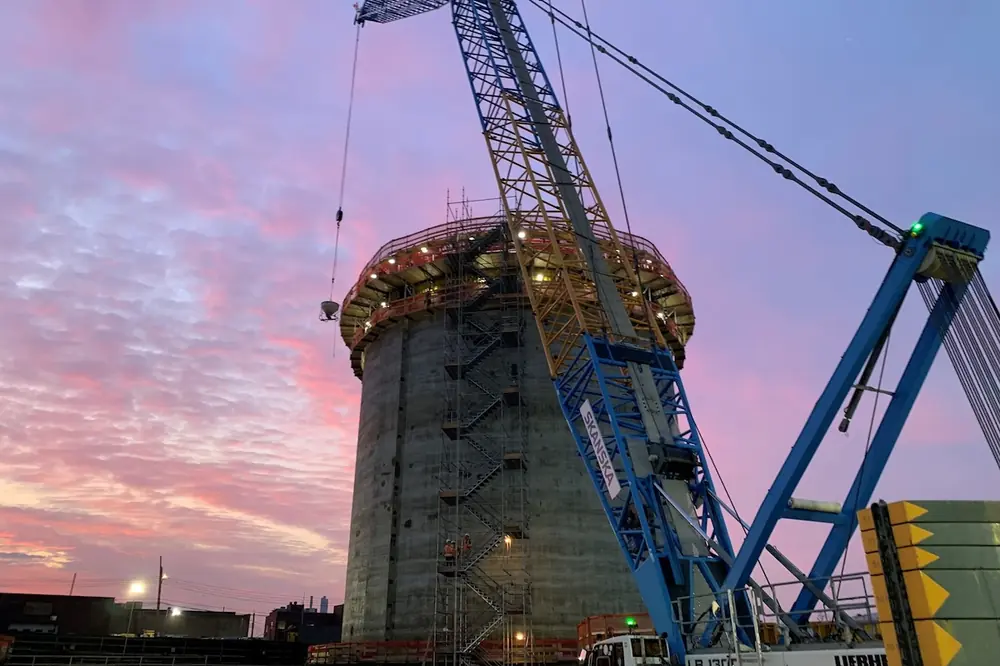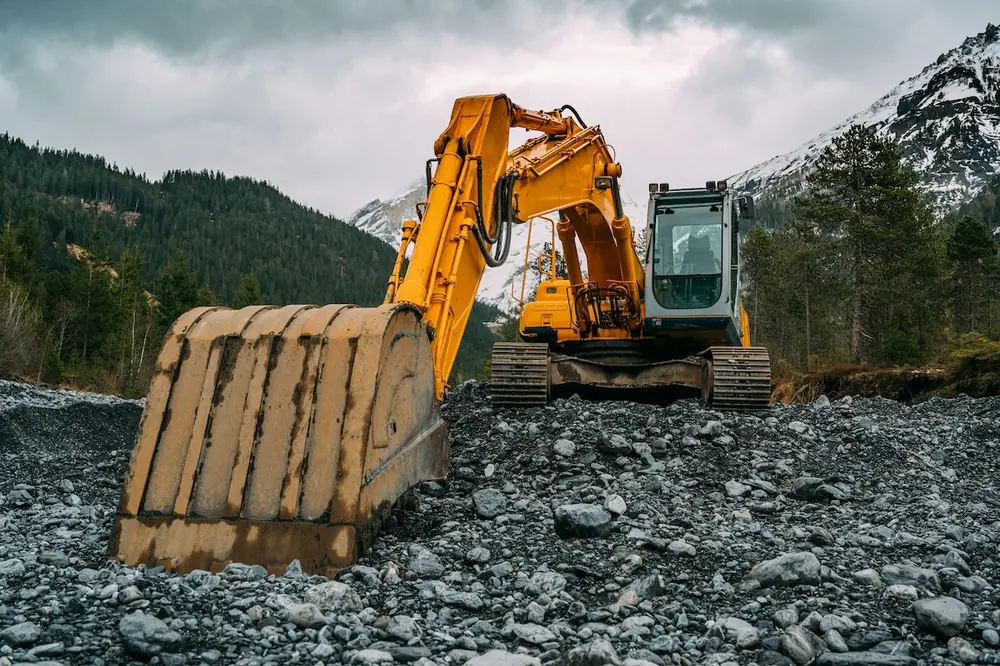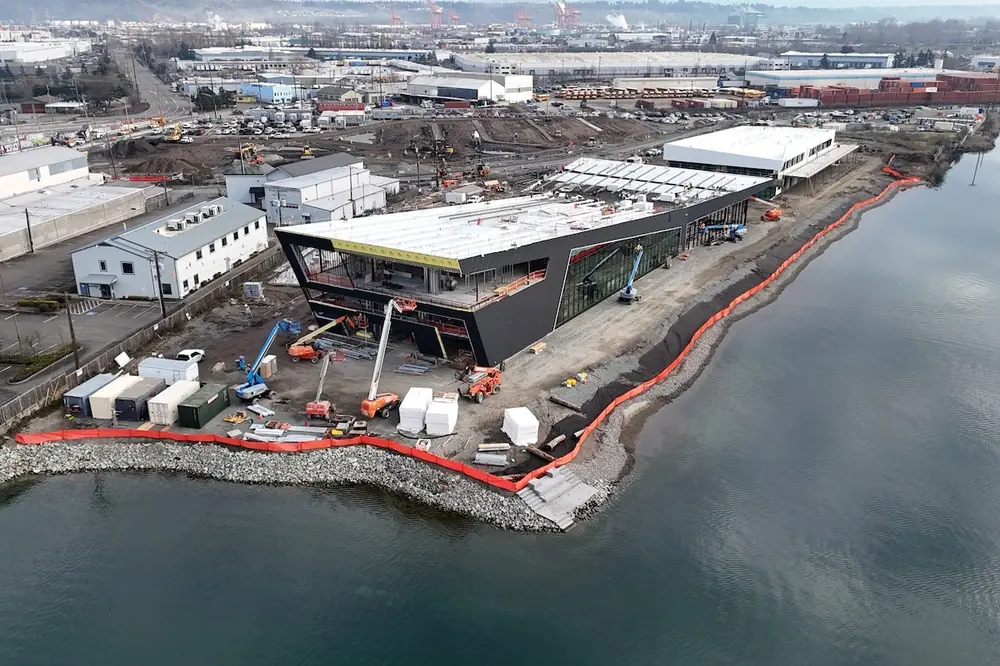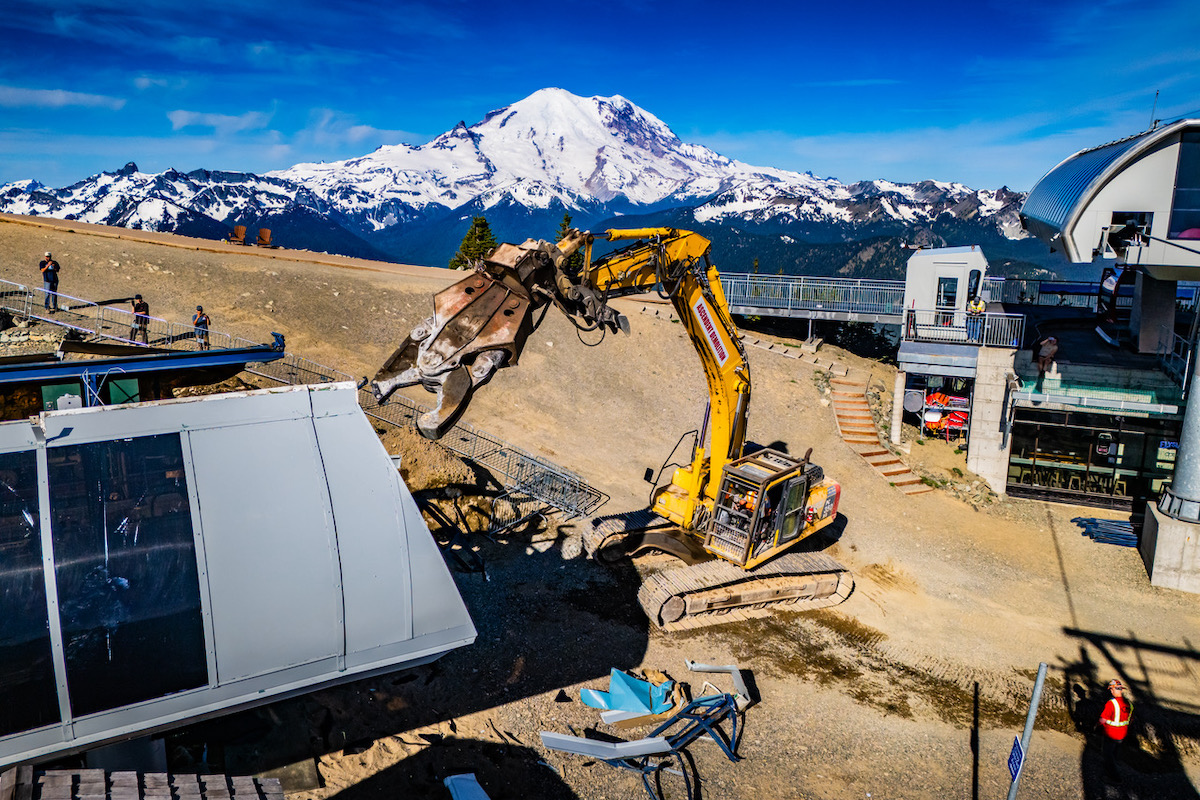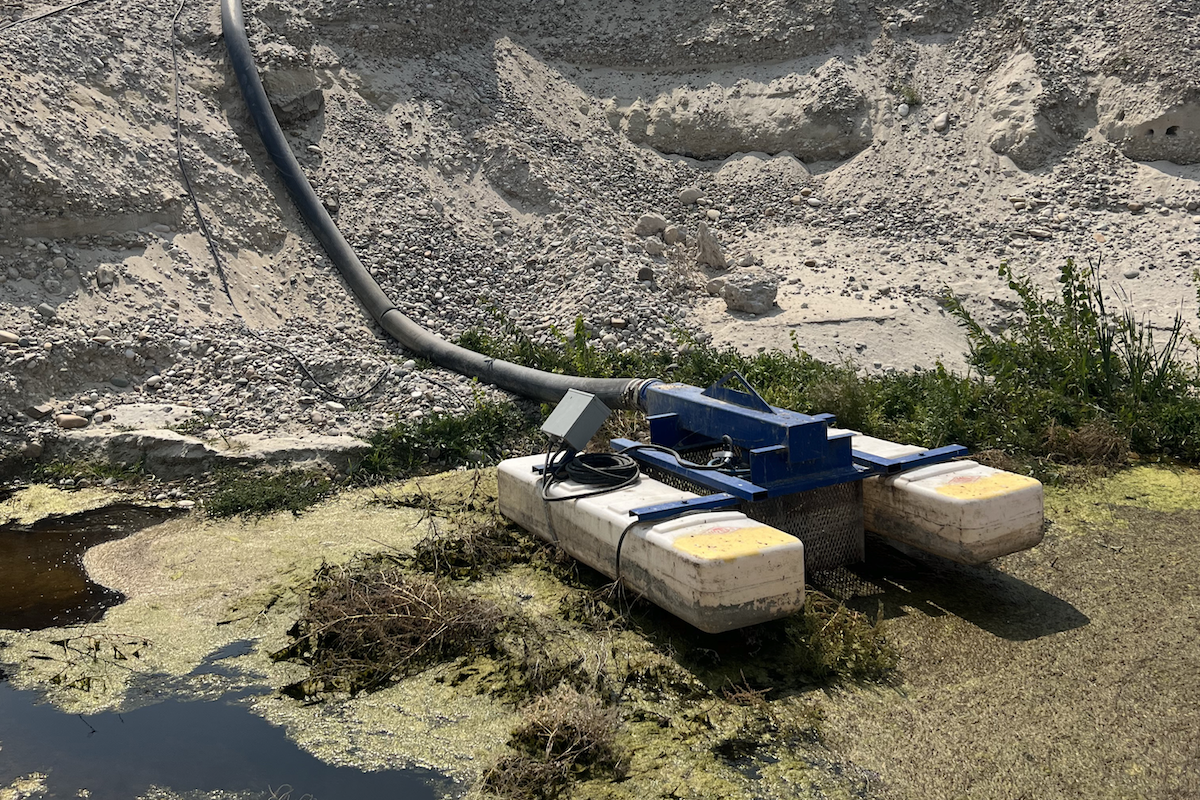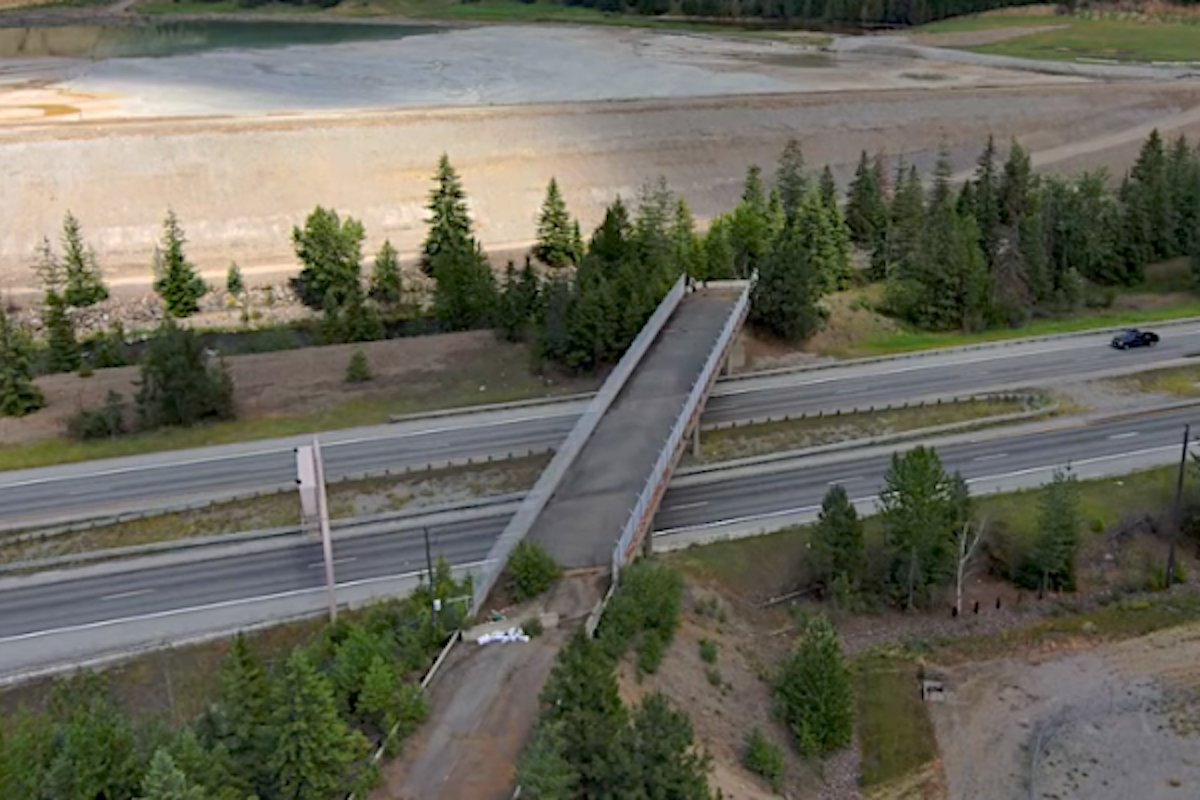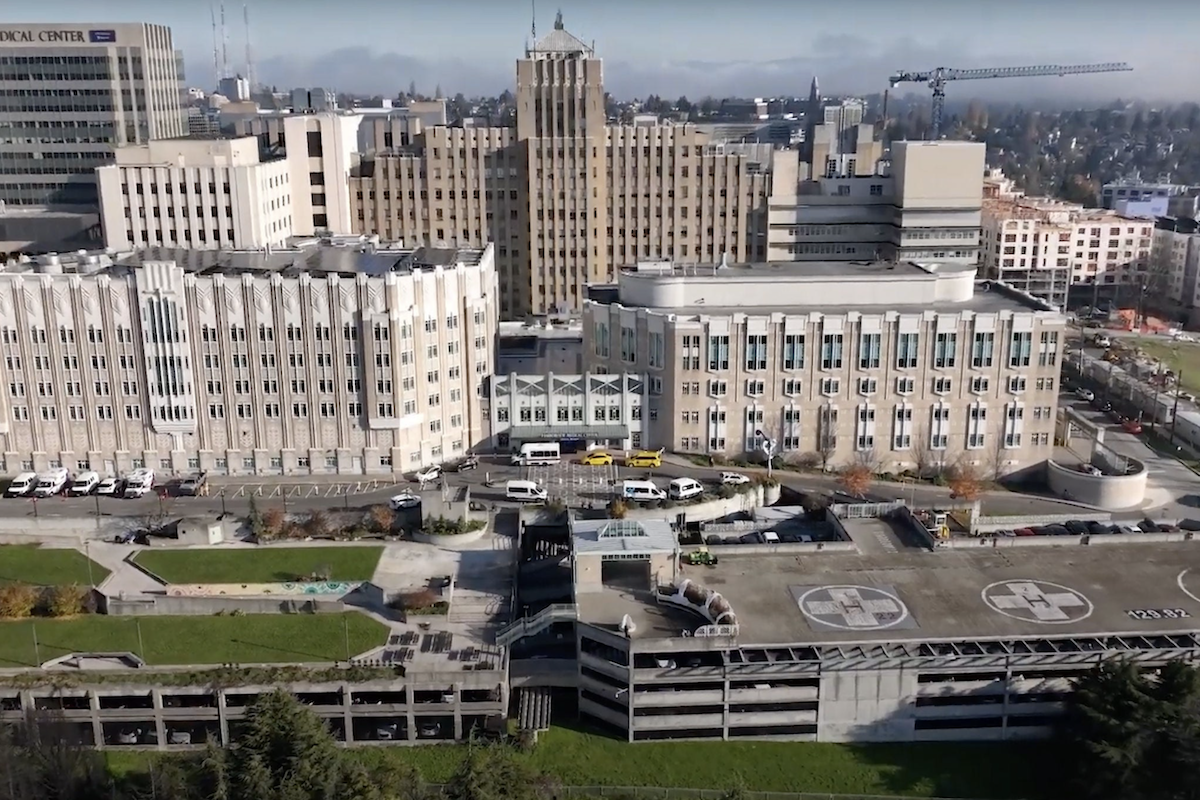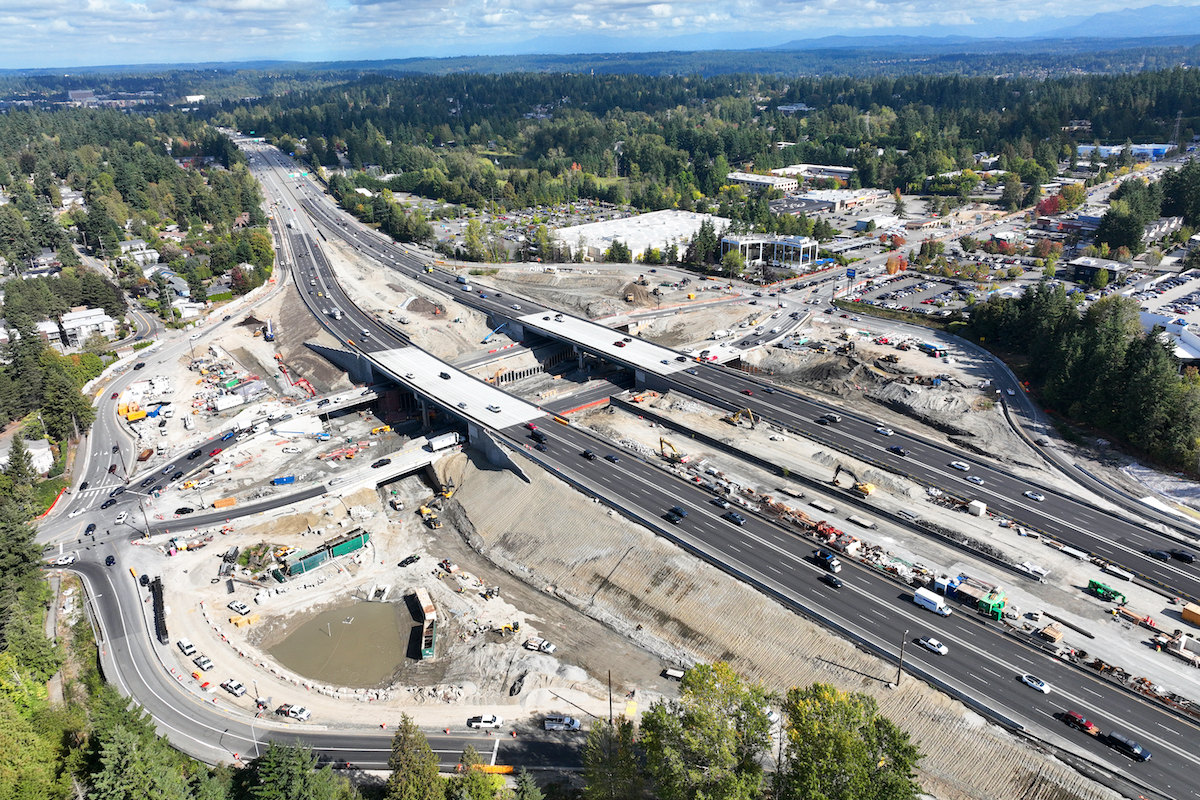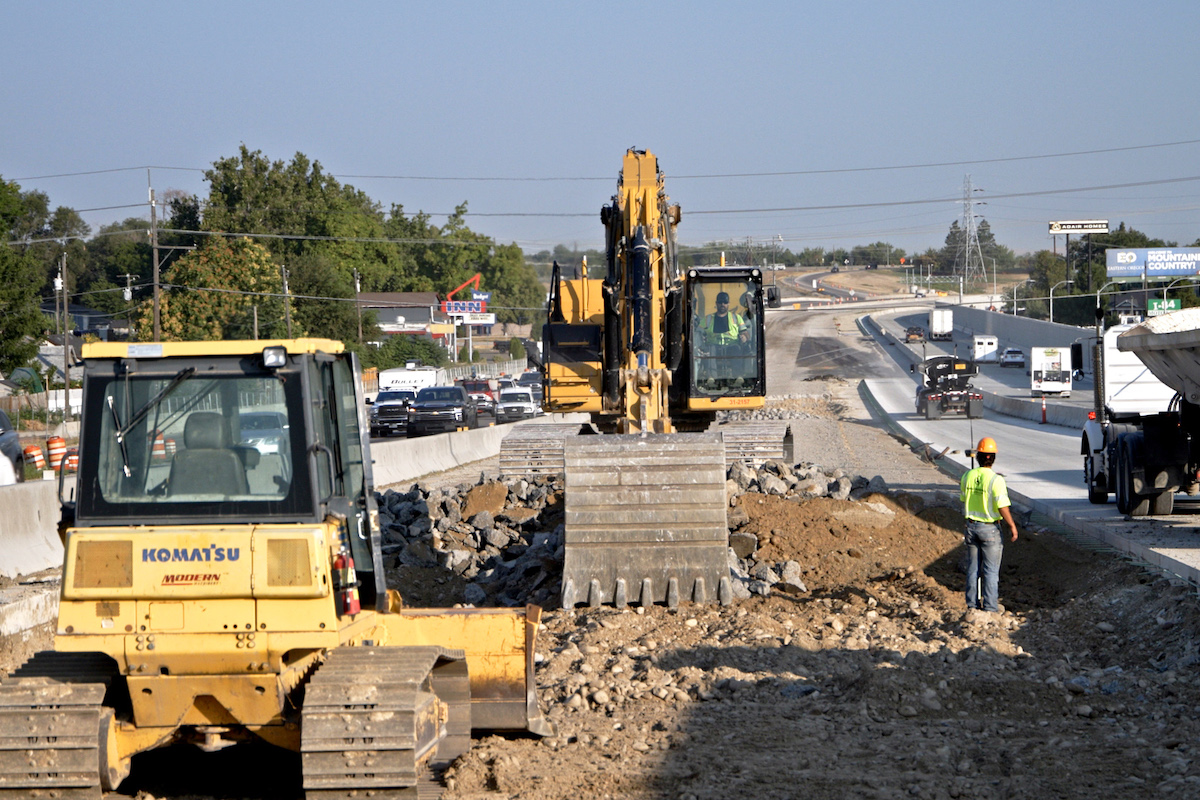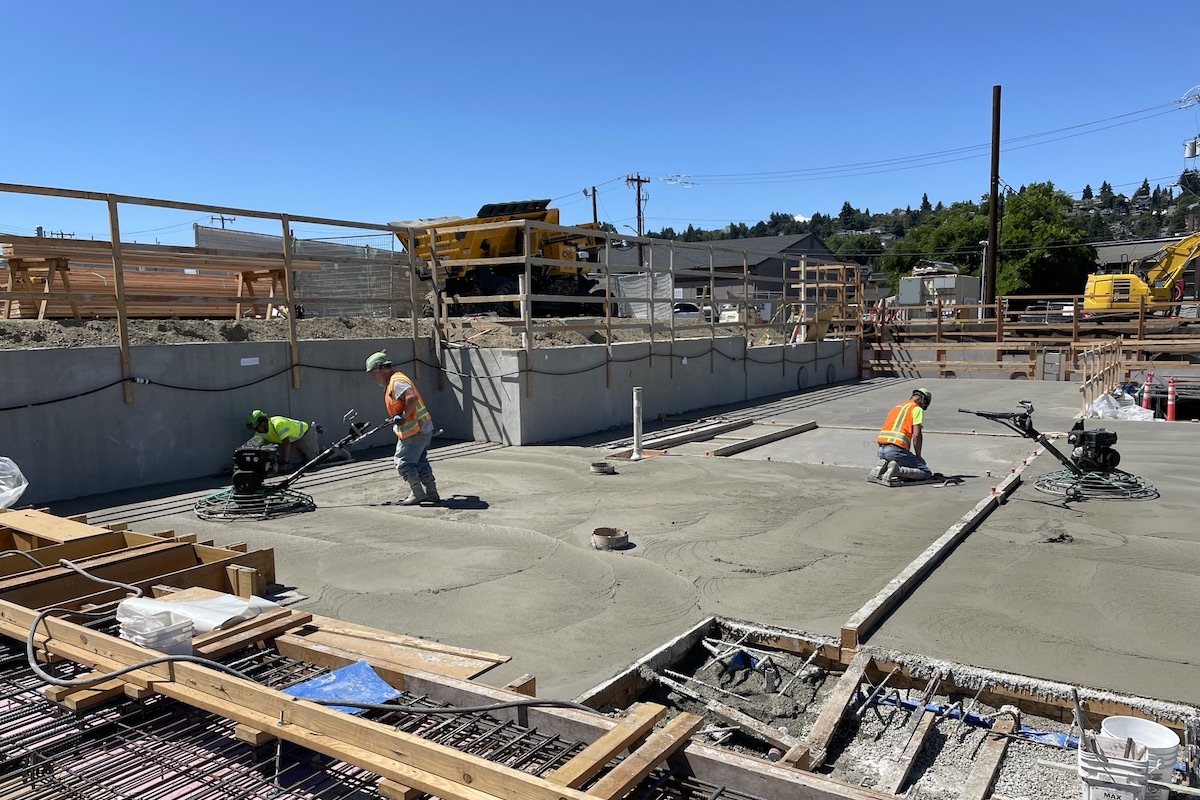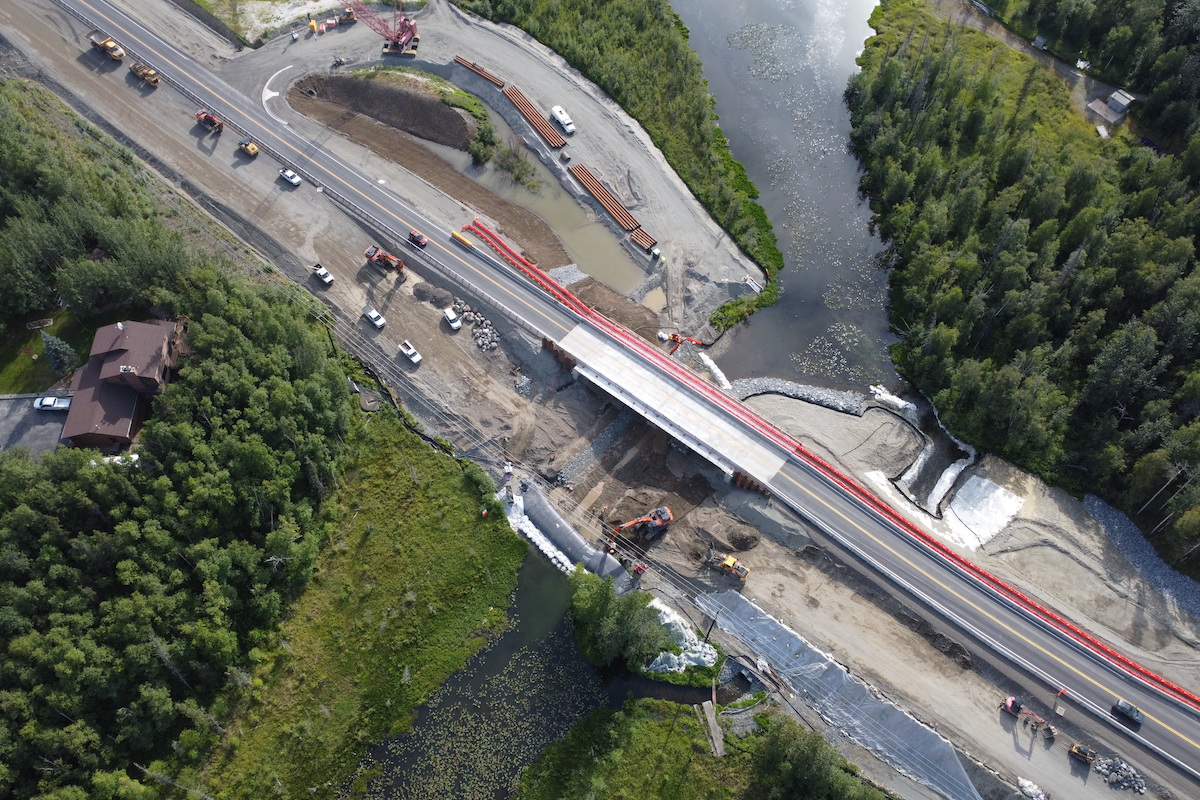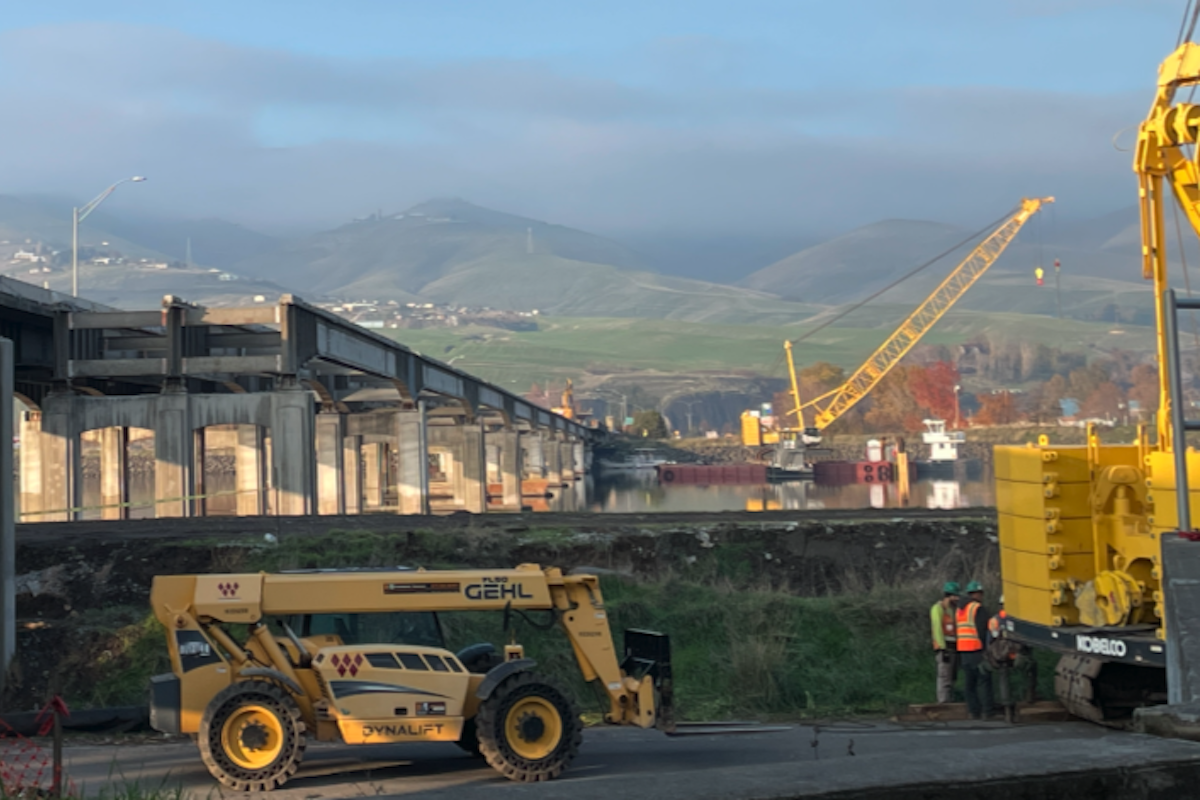Maintenance crews have a lot to take care of. From vibrating screens and crushers to conveyors and load trucks, the list is a long one. It’s tough to be an expert on every piece of equipment.
By partnering with a technical vibrating screen OEM that also specializes in equipment monitoring, operations can rely on a team that not only manufactured the equipment, but offers comprehensive diagnostic tools, product-specific knowledge and years of engineering experience. The result can be peace of mind, minimized downtime through faster problem solving, and lower repair costs down the line.
Vibration Analysis & Monitoring
Vibration analysis is one such tool dedicated to measuring the health of vibrating screens. These systems measure and transmit real-time vibration data such as acceleration, orbit, deviations and more. The data is transmitted while the machine is in operation via sensors that are placed at dedicated locations on the screen body. The information is recorded to software in a phone, tablet or computer, or to a cloud service where it can be viewed from multiple devices. In addition to analyzing current machine performance, some systems also store historical data in order to predict the machine’s future performance and schedule maintenance accordingly. All of this data is used to fine-tune equipment for optimal performance and maximum output, as well as locate issues that could lead to larger repair costs or machine failure and unplanned downtime if not addressed.
An OEM should perform a vibration analysis on any new vibrating screen before it even leaves the factory. This provides a baseline for how the machine should run. At each service visit, vibration analysis should be used to better understand the machine’s condition before any repairs are made. Once technicians make necessary repairs, another vibration analysis should be completed to ensure the problem has been solved and to document that the machine is running at optimal condition once again.

| Your local Gomaco dealer |
|---|
| American Construction Supply |
| American Construction Supply |
The vibration analysis sensors themselves are something to consider. All vibration analysis systems require some sort of sensor - often magnetic - to be placed on the vibrating screen. Some are wired and require the user to stand within range while holding the connected device. Others are wireless, providing the safety benefits of allowing the user to stand farther away. A vibration analysis setup may include one sensor that must be moved to multiple parts of a machine for a full reading. Others save time by including multiple sensors, allowing for a comprehensive look at the entire machine at the same time.
Vibration analysis systems work similarly to a stethoscope - they analyze the machine at the moment in time at which it is being measured. Conversely, condition monitoring - sometimes called continuous monitoring - systems work more like a heart monitor, or perhaps an EKG. These systems include permanently affixed sensors for 24/7 monitoring. Some condition monitoring systems include automated alerts if problems are detected, allowing for a quick shutdown before the problem becomes potentially catastrophic. The accumulating data can be used to improve efficiency by illustrating trends, making predictions as to how long before an issue may arise, and more. Some around-the-clock monitoring systems allow OEM certified technicians to monitor results remotely, analyze the data and send expert recommendations to ensure equipment longevity.
While many vibration analysis and condition monitoring tools are available, only a small number are manufactured by a vibrating screen OEM. An OEM offers the benefit of having engineered the equipment, fully understanding its operational parameters, and providing in-depth analysis and recommendations.
In one recent example of an operation benefiting from these tools and services, a British Columbia producer worked with an OEM to conduct a vibration analysis on a vibrating screen that appeared to be healthy. The resulting data indicated a problem, however, and caused the operation to discover a broken spring which had led to damage to the vibrating screen’s foundation. Catching the problem early saved the producer money in downtime and repair costs.
Many producers conduct biannual vibration analysis tests on their vibrating screens. Another western Canadian producer has saved significant time and money through the service by detecting problems early on that he and his team weren’t able to immediately otherwise identify, including a twisted frame on one of the vibrating screens. In this case, they knew something was wrong, but it took a vibration analysis to determine exactly what.

| Your local Trimble Construction Division dealer |
|---|
| SITECH Northwest |
| SITECH Northwest |
Plant Simulation Software
Plant simulation tools offer a high-level view of an entire operation’s efficiency. This helps optimize processes and look at opportunities for improvement in both existing sites and new mines or quarries for all mineral processing operations. The software also helps operations spot and fix bottlenecks.
Plant simulation programs take into account the equipment used throughout the plant, from material washers and conveyers to crushers and vibrating screens. The operation’s existing setup, or a proposed setup, is entered into the program to understand and predict overall performance and plant flow. The systems use scientific calculations to monitor input, output and waste piles, as well as calculating mass and volumetric flow rates based on machine placement and machine-specific operating parameters. The tool is also useful for insights into product specification or production rate changes - such as dry and wet crushing, screening and sorting - as the software can be used for pre-calculations.
A quick search will turn up a handful of brands of plant simulation software, but few are created by processing equipment OEMs. While solid functionality and user interface are clearly important, extensive experience and understanding of the equipment and processes the software is meant to optimize may be more so. Partnering with an OEM can allow for the most accurate simulations and enhanced features based on engineering expertise and application knowledge gained from actual site visits and understanding an operation’s challenges firsthand. An OEM can interpret the data to provide recommendations for improvements within the operation regarding production and profits. In addition, OEMs may offer virtual or on-site training of their software, teaching both how to use the software correctly and how to implement it in a way that benefits plant flow and design.
Comprehensive Service Approach
Any service tool is most effective when paired with a comprehensive, hands-on service approach. Partnering with an OEM can include the benefits of site visits by certified technicians who not only know how to use the vibration analysis, condition monitoring, and plant simulation tools, but are able to conduct thorough vibrating screen and screen media inspections to complement the analysis. Some OEM technicians follow the inspections with diagnostic reports to point out areas that could be improved.
OEM warranty programs can be another benefit of partnering with a manufacturer on a service program. Some are offered for up to three years and include biannual site visits, inspections, vibration analysis, screen media evaluations and overall recommendations.

| Your local Superior dealer |
|---|
| Westate Machinery Co |
| Westate Machinery Co |
All images courtesy of Haver & Boecker Niagara








